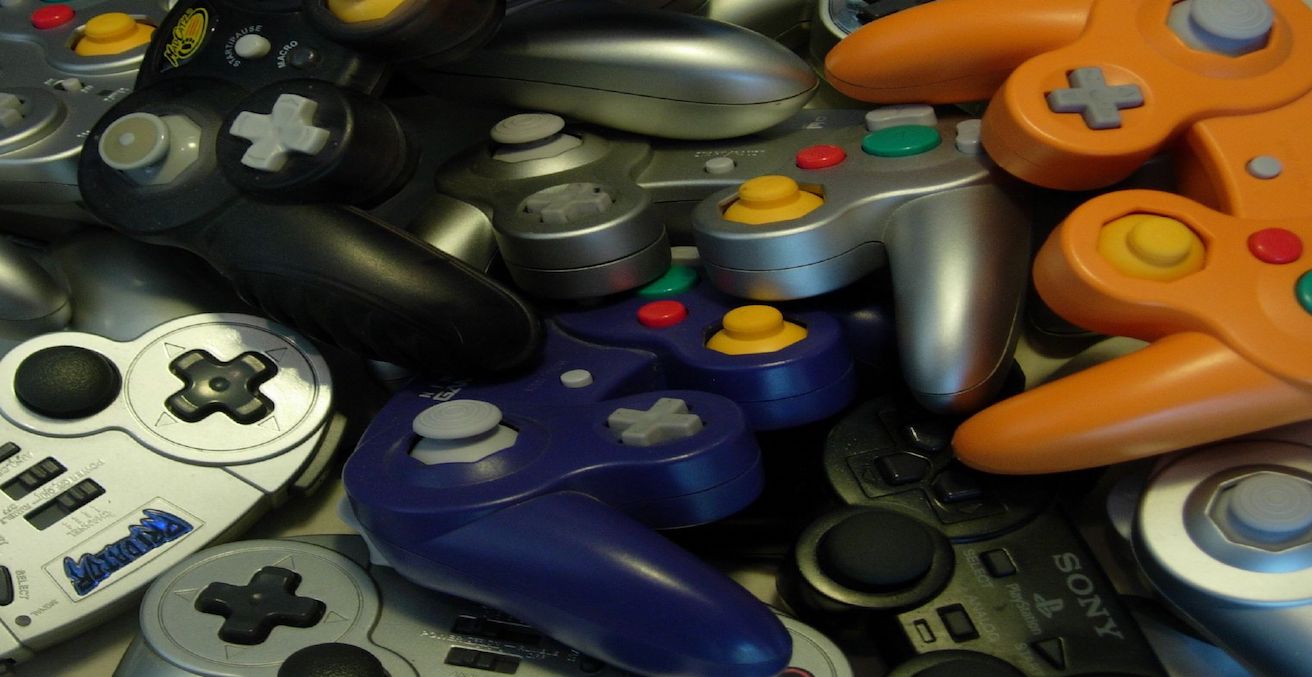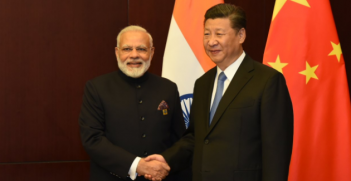Digital Activism, Gaming and Hong Kong

There are 2.5 billion video gamers across the world, and a June report indicated they will spend $152.1 billion on games this year. It’s no surprise that the Hong Kong protests have spread to the world of gaming.
This article was originally published on Australian Outlook on 22 October 2019.
On October 9 the Sydney Morning Herald reported a Sydney gaming startup had been hacked after it began endorsing the Hong Kong protests. Their support had entailed giving prize money to a player that had won a digital card game (Hearthstone) competition and supported the protests in his post-match Taiwanese live stream. Blizzard (the owner of Hearthstone) banned the player and denied his competition winnings.
Blizzard is one of the largest gaming companies in the world and Immutable, the Sydney based startup, directly competes with their Hearthstone franchise. Immutable also does next to zero business in China, making this the perfect public relations opportunity, so it’s the backlash against Blizzard that’s of greater interest here.
Blizzard’s parent Activision is five percent owned by Tencent and derived 12 percent (US$173 million) of its 2019 second quarter revenue from the Asia Pacific region. Knowing this, Hong Kong protesters took to one of Blizzard’s games, Overwatch, and used an explicitly Chinese character to create a protest meme targeting Chief Executive Carrie Lam. The intent was to have Overwatch banned in China thereby causing revenue pain to Blizzard. So far that hasn’t happened.
More than half a billion people play video games in China and 25 percent of global industry revenue comes from China, with 47 percent of global revenue coming from the Asia-Pacific region. However, the use of in-game functions for digital activism or protest in China is limited. Last year, China introduced a video game licensing system which involves censorship measures of sensitive in-game functions. China also introduced a nine month freeze on new games. The impacts of this on the global video game market were further compounded by local Chinese measures to reduce children’s screen time.
As James Griffiths noted in The Great Firewall of China, censorship practices in China seem primarily dedicated to stopping the organisation of communities outside of the Chinese Communist Party (CCP). Looking at Hong Kong and the types of digital activism manifesting there, you can only assume the CCP’s opinion will be reinforced on this.
US companies have often been forced to take public positions on Hong Kong over the previous months. These positions have not all been driven by the lure of the Chinese market and a fear of the long memory of the CCP. Tim Sweeney, billionaire founder of Epic Games that makes the globally popular Fortnite, said that Epic Games won’t ban players from Fortnite for political speech. What makes this an interesting move is that Tencent owns 48 percent of Epic Games, and so it disrupts any argument that Chinese company part-ownership immediately equals pro-CCP opinions.
Perhaps more importantly, Tim Sweeney privately owns 52 percent of Epic Games and has the deciding say in the company. Epic Games is not publicly traded like Activision Blizzard Inc, and this matters. US companies with publicly traded stock face a far more immediate and financial feedback on their public relations positions. This might make publicly traded companies more likely to take anti-protester positions in relation to Hong Kong, if the market is prioritising profit, and surprise surprise, it’s a market.
In a recent back down, Blizzard gave the withdrawn prize money to the banned Hearthstone player while also reducing the length of the expulsion. This was on the heels of significant backlash from US-based players. Or perhaps it was the threat an Australian startup with good public relations poses to the player base of a game in a region that includes South Korea, Japan and Taiwan – countries with not insubstantial gaming markets and alternative attitudes to the Hong Kong protests.
This event is just one in an ongoing battle that digital activists across the East Asian region are going to be fighting for decades. Publicly traded companies seem highly susceptible to short-term compromises if they can access the boon of the China market. The reward and motivation structures of the corporate and financial system are all weighted toward this. But the Chinese market isn’t the only market out there, and while players are unlikely to organise in China, they can definitely organise outside of China.
Corporate video gaming behemoths being attacked by their player bases may become a regular feature of China-focused political movements in the region. If these kinds of digital activism relationships arise frequent enough, it may trigger China to revise its video gaming licensing processes again.
Right now, that licensing only affects games sold into China and requires back doors to be opened if there are in-game chat functions or other mechanisms that facilitate social organisation. However, it’s an open question what position gaming corporations would take if they were required to allow China increasingly more access and influence in order to sell into the country? One example being the extension of censorship capabilities across borders.
Understanding how gaming companies might approach this question means understanding how the stock exchange would react. Are US financial and market incentives actually lined up in favour of free speech? Video games are big business and these are not trivial questions.
Thom Dixon is Vice President for the Australian Institute for International Affairs (AIIA) NSW.
This article is published under a Creative Commons Licence and may be republished with attribution.





